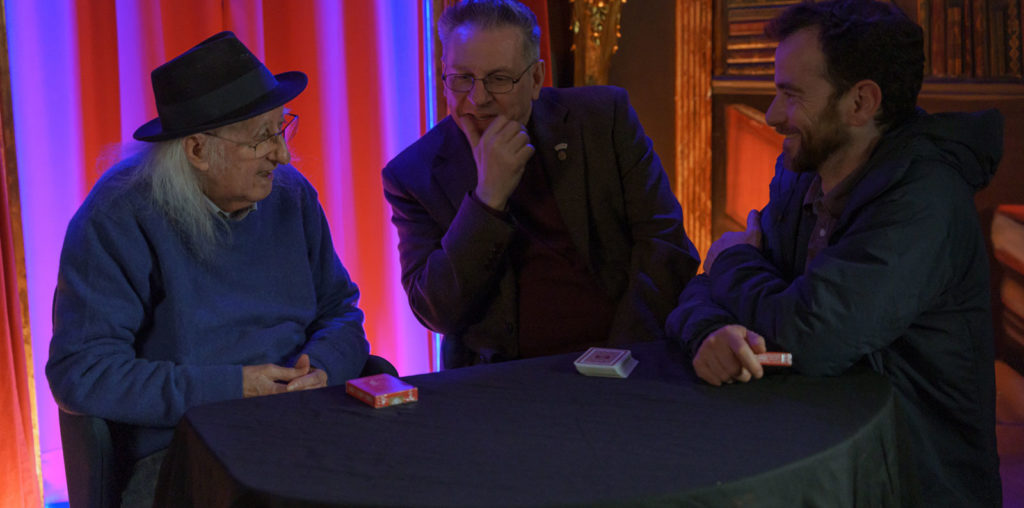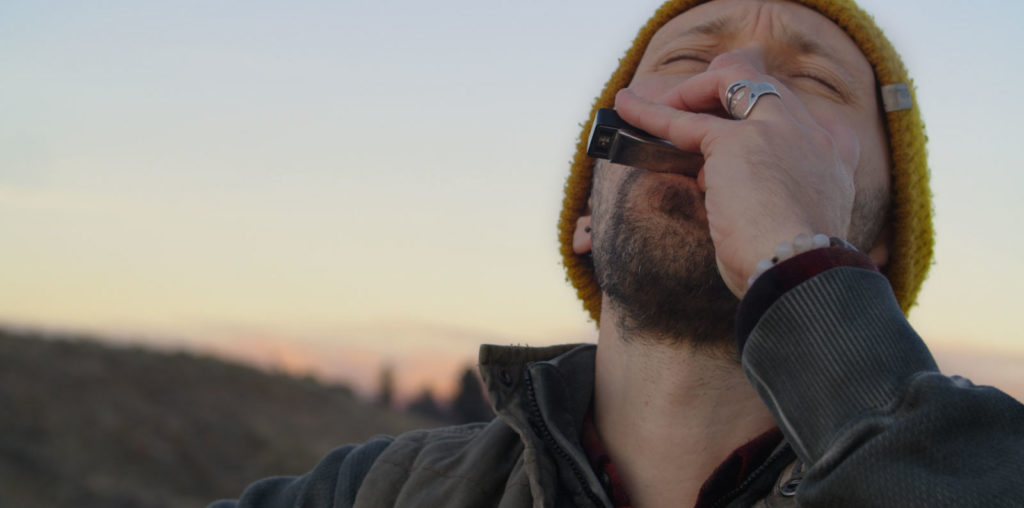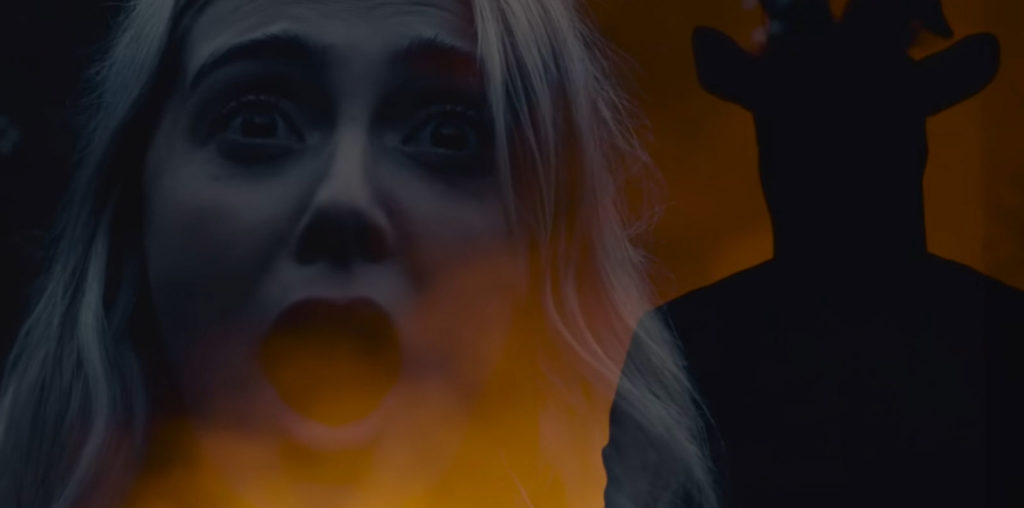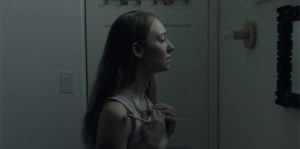
Director Dilara Senbilgin’s short film Lyssa is a brief sojourn in the distorted reality of a person with schizophrenia. The titular character, well-played by Ashton Solecki, is a high-performing college student who is diagnosed at high risk for schizophrenia. She has managed the condition with meds, therapy, and mental awareness exercises and has learned to identify false impressions and disregard them.
She believes herself to be in control and able to filter and manage her mind, but that confidence begins to slip. Her command of the situation is challenged when she begins to see a dark figure stalking her: an older man dressed in black; when she shares what she’s seeing, her family and friends start treating her differently, their concerns for her becoming mixed with fear of her.
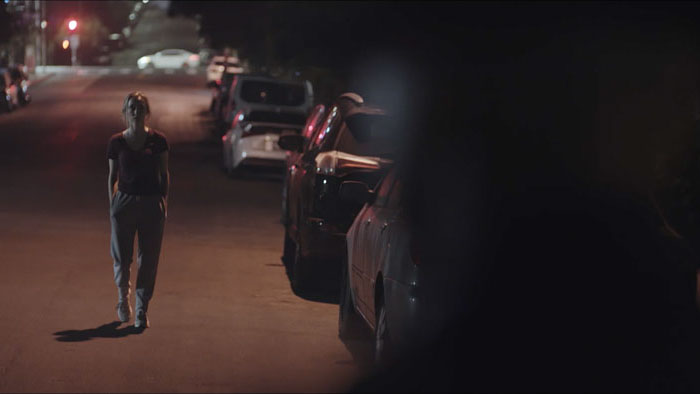
“…a high-performing college student who is diagnosed at high risk for schizophrenia.”
The filmmaker asks the audience whether the man is real or not, and we are left to determine for ourselves in much the same way as someone with schizophrenia. Joseph Heller said in his novel Catch-22, “Just because you’re paranoid doesn’t mean they aren’t after you,” and that applies here as well. Who has the more accurate grasp of reality? How would we cope with an unknown world where part of what we perceive isn’t real?
Writer Asligul Armagan discusses the goal of the film in a crowd-funding statement: “Our short film Lyssa was conceived to tackle the harmful stigma around the most taboo and underrepresented mental disorder of them all: schizophrenia. Too often, mental disorders have been portrayed with little to no regard for the authentic details of the condition. Too often have we been taught to fear the ‘abnormal,’ to be terrified of mental health patients.”
Lyssa plays with dark fantasy horror, but the unease with the disturbing notion of feeling threatened by something that may not exist is very real.
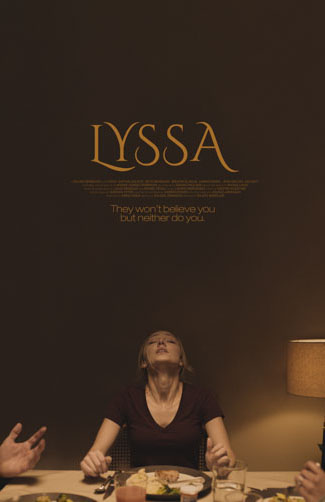
"…conceived to tackle the harmful stigma around the most taboo and underrepresented mental disorder..."
